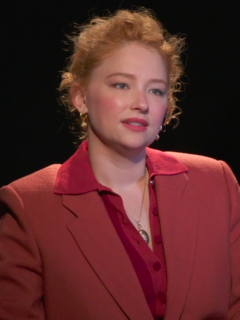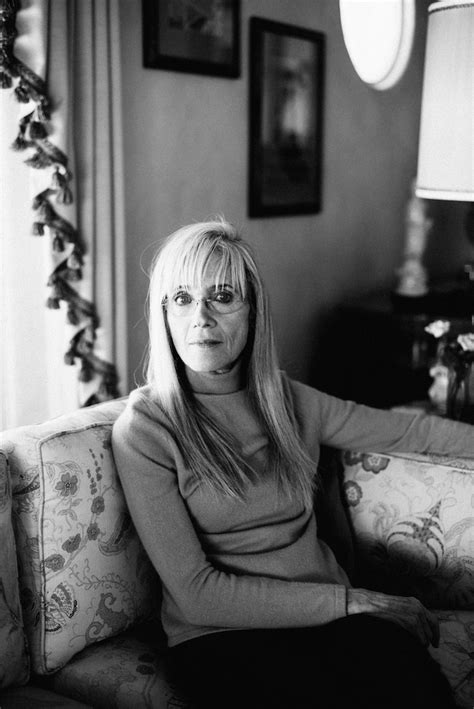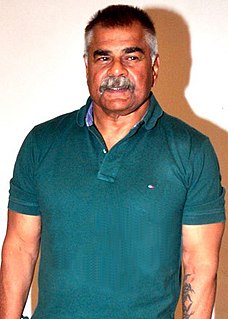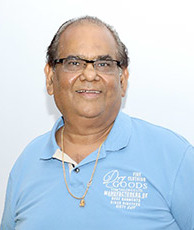A Quote by Haley Bennett
There's not a formula that I'm following; it's just how I feel at the time. For instance, I did a very experimental film called 'Hardcore Henry,' and that was simply because I thought the filmmaker was very interesting and a risk taker. A film like that had never been made before, so I chose to do that at the time.
Related Quotes
Even if the film doesn't come out quite as you'd hoped, the process can also be very rewarding. I feel that way about a film called 'Lay the Favorite' that I made with Stephen Frears. I did that because the character was a real leap for me. The film doesn't quite all add up internally, but I feel very proud of what I did on it.
I naively thought I was making a low-budget movie. But, when the film came out, the Daily Variety reviewer at that time who was named Art Murphy described it as an exploitation film. I had never heard that term before. Roger never used it. So that's how I learned that I had made an exploitation film.
I met Michael Snow and Stan Brakhage the second day after I arrived, you know. I had never seen or heard of Brakhage. For me, it was a revolution, because I was well educated in film, but American-style experimental film was known to me in the abstract, and I had seen practically nothing. I had seen a film then that Noël Burch had found and was distributing called Echoes of Silence. It was a beautiful film, three hours long. It goes forever and it was in black and white, very grainy, and I saw that film and I thought...it was not New Wave. It was really a new concept of cinema.
We made 'Mickey and the Bear' with barely any money with a first-time director, a first-time director of photography, and a crew who had just graduated from NYU film school. We were all very much in this together for the first time. There's no famous actor or big explosions. It's not a Marvel movie. I thought nobody was going to see this film.
I did photography in summer camp; I did it in high school. The only hard decision I've had to make was whether to go towards photo or film. And I ultimately realized that the type of photo I was interested in was actually photojournalism. And it's a very individualist career, whereas film is a very team-driven medium. So that's why I chose film.
Alejandro Amenábar is a very interesting filmmaker. I had really liked The Others, which was a movie he made with Nicole Kidman a few years ago. He made a very compelling case about how much he wanted me to be in this movie. Whenever a really passionate, talented filmmaker seems to have an interest in me, I take it very seriously because I like to work.
The biggest compliments I've gotten have been from people who've seen the film Compliance at festivals and have said, "You know, I fully connected with these people. The movie made me very uncomfortable because I totally can see how this or that situation happened." They're, for lack of a better term, picking up what I was putting down. For me, it's very empowering to feel like we made something interesting.
I left film because I felt that photography was my art. It was something I could do on my own, whereas film was so collaborative. I thought as a photographer I could make something that was artistic and that was mine, and I liked that. And it wasn't until I got back into film and I have very small crews and I could do very tiny filmmaking that wasn't 100 people that I still felt that I was making something artistic as a filmmaker. So, you know, I'm an artist, and whether it's photography or film, I want my voice to be there and I think my voice is very strong in this film.
The very first idea I ever had about making a film... my first thought about ever being a filmmaker was when I was sixteen years old and I wanted to make a Viking movie. And I wanted to make it in old Norse, which I was studying at the time. It's odd because at that age that's a stupidly ridiculous idea 'cause how will I ever be a filmmaker.




































